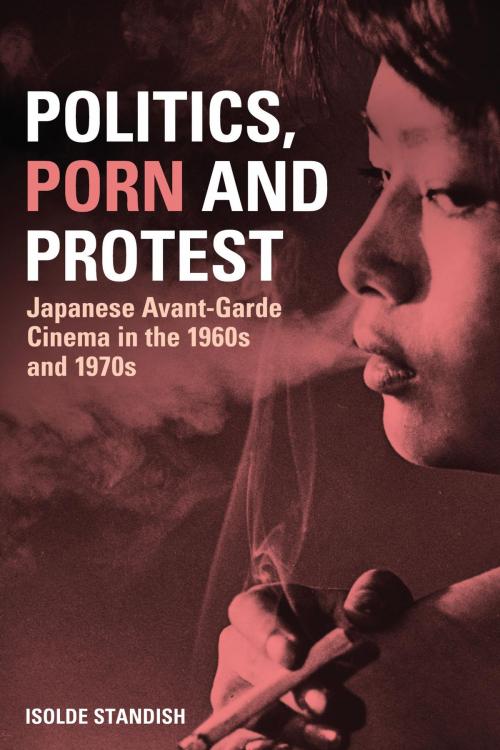Politics, Porn and Protest
Japanese Avant-Garde Cinema in the 1960s and 1970s
Nonfiction, Entertainment, Film, History & Criticism, Performing Arts, History, Modern, 20th Century| Author: | Isolde Standish | ISBN: | 9781441125187 |
| Publisher: | Bloomsbury Publishing | Publication: | June 2, 2011 |
| Imprint: | Continuum | Language: | English |
| Author: | Isolde Standish |
| ISBN: | 9781441125187 |
| Publisher: | Bloomsbury Publishing |
| Publication: | June 2, 2011 |
| Imprint: | Continuum |
| Language: | English |
Out of a background of war, occupation and the legacies of Japan's post-defeat politics there emerged a dissentient group of avant-garde filmmakers who created a counter-cinema that addressed a newly constituted, politically conscious audience. While there was no formal manifesto for this movement and the various key filmmakers of the period (Oshima Nagisa, Imamura Shohei, Yoshida Yoshishige, Hani Susumu, Wakamatsu Koji and Okamoto Kihachi) experimented with very different conceptions of visual style, it is possible to identify a sensibility that motivated many of these filmmakers: a generational consciousness based on political opposition that was intimately linked to the student movements of the 1950s, and shared experiences as Japan's first generation of post-war filmmakers artistically stifled by a monopolistic and hierarchal commercial studio system that had emerged reinvigorated in the wake of the 'red purges' of the late-1940s.
Politics, Porn and Protest: Japanese Avant-Garde Cinema in the 1960s and 1970s provides a much needed overview of these filmmakers and reconsiders the question of dissent in the cultural landscape of Japan in the post-war period.
Out of a background of war, occupation and the legacies of Japan's post-defeat politics there emerged a dissentient group of avant-garde filmmakers who created a counter-cinema that addressed a newly constituted, politically conscious audience. While there was no formal manifesto for this movement and the various key filmmakers of the period (Oshima Nagisa, Imamura Shohei, Yoshida Yoshishige, Hani Susumu, Wakamatsu Koji and Okamoto Kihachi) experimented with very different conceptions of visual style, it is possible to identify a sensibility that motivated many of these filmmakers: a generational consciousness based on political opposition that was intimately linked to the student movements of the 1950s, and shared experiences as Japan's first generation of post-war filmmakers artistically stifled by a monopolistic and hierarchal commercial studio system that had emerged reinvigorated in the wake of the 'red purges' of the late-1940s.
Politics, Porn and Protest: Japanese Avant-Garde Cinema in the 1960s and 1970s provides a much needed overview of these filmmakers and reconsiders the question of dissent in the cultural landscape of Japan in the post-war period.















